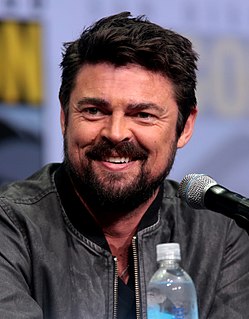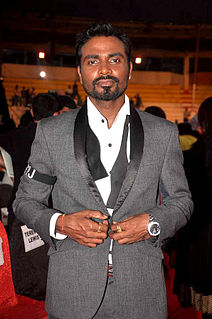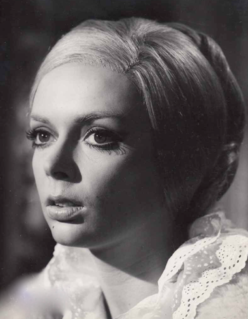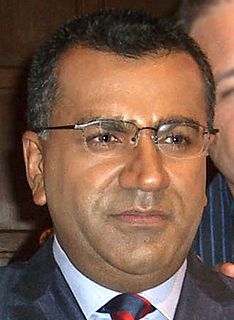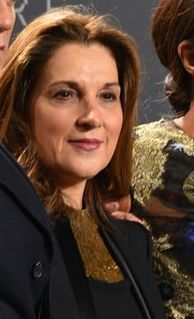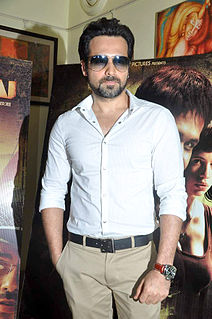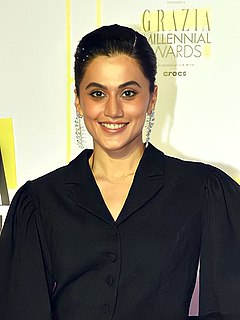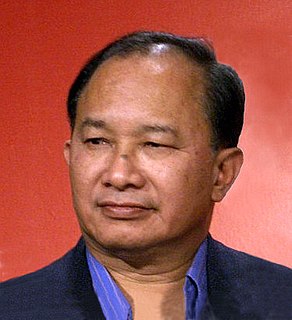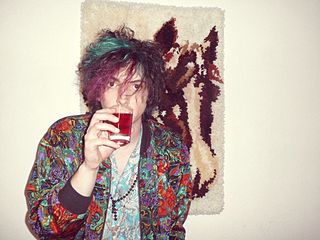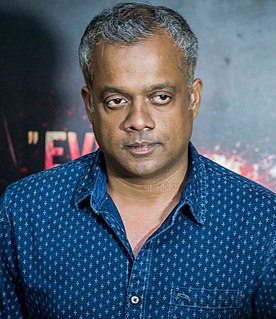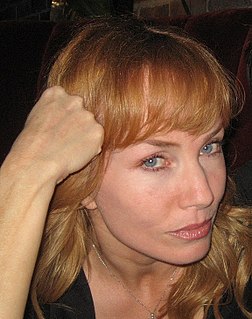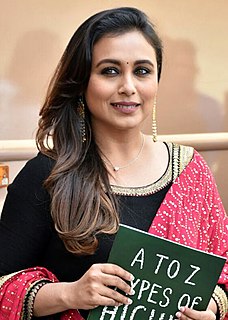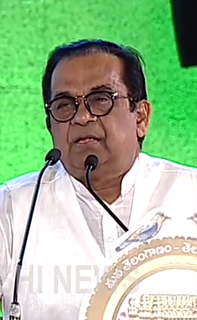Top 1200 Film Writing Quotes & Sayings - Page 18
Explore popular Film Writing quotes.
Last updated on December 18, 2024.
I know well enough that very few people who are supposedly interested in writing are interested in writing well. They are interested in publishing something, and if possible in making a "killing." They are interested in being a writer not in writing. . . If this is what you are interested in, I am not going to be much use to you.
Television is making, there was in independent film renaissance late '80s through the mid-90's. It was an amazing time. Television is doing that right now. So that's why everybody wants to do it. I mean if you're writing stuff like, you know, Fargo, or True Detective, or any of these things that are on, Breaking Bad, there are no rules in television.
I've been writing for a long time, since the late '60s. But it hasn't been in the same form. I used to write scripts for television. I wrote for my comedy act. Then I wrote screenplays, and then I started writing New Yorker essays, and then I started writing plays. I didn't start writing prose, really, until the New Yorker essays, but they were comic. I didn't start writing prose, really, until the '90s. In my head, there was a link between everything. One thing led to another.
I wish I had time to do more reading, but I just haven't had much time. But I still find time for writing. I've always preferred writing over reading, even though those things do go hand in hand. But when I do have time, even if it's not writing music, just writing in general - ideas and stories and things like that.
Film and television are very different. On the TV show, we do seven or eight scenes a day, so time and money are of the essence, and we have zero room for creativity because you've got to do each scene in only five takes. Whereas, on a film, you have an entire day to film one scene, so you have so much time to choose how you want to fill in a scene.
If I were writing an article for the newspaper, it would be thesis statement, information, information, supporting arguments. That would be the setup. When I'm making a documentary, the pacing of the film and the way that you sort of switch from character to character - all of those are more about storytelling than straight journalism.
I must say here in France I had more serenity or security as I was working because I knew I was making the film the way I wished and that the film would be seen, ultimately, which is not always the case in Iran. In Iran, you always work having in mind this worry of will I be able to carry on my project as I wish and will the audience see the film.
I will tell you that I'm a bit of a snob. I love film, and I would like to work in film, and I'm disappointed that indie film is as hard as it is to work in now. It's hard to get things done, but that sort of work is being done on TV. That's what I do; that's what I write. It's what I love, and hopefully, that's what my future's going to be.
I always felt that with an Antoine Doinel film, Truffaut was taking a vacation, that Francois could relax when making a Doinel film. All of the language came to him very easily. 'The 400 Blows,' I felt, was a collage of all his childhood experiences. Every time he felt an Antoine Doinel film was necessary, he'd make one.
It's Steven's [Sebring] view of what he saw in traveling and working with me. But on another scale, I think the film [Dream of Life] is very humanistic: It touches on motherhood, death, birth, art, laundry, anger against the Bush administration... While I don't think it's the kind of film where one goes to find some of the darker, edgier aspects of life, the film was born of grief.



